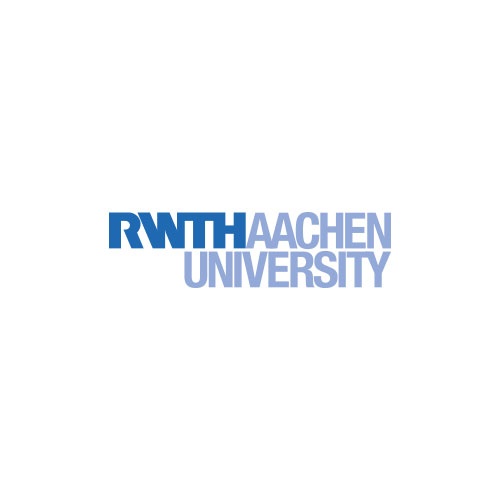RWTH: Use less gas and save money
A study by Aachen and Berlin researchers evaluates energy efficiency measures that are easy to implement and cost-effective. The RWTH Chair for Building and Indoor Air Conditioning Technology at the E.ON Energy Research Center in Aachen, together with the Einstein Center Digital Future of the TU Berlin, have now formulated recommendations on how the situation of scarce and expensive natural gas in Germany can be countered efficiently. In addition to industry, commerce, trade and services, private households should reduce the gas consumption for space heating and domestic hot water as much as possible through easy-to-implement technical measures and behavioral adjustments. This is associated with only minor comfort restrictions.
Space heating and domestic hot water account for around 70 percent of the energy consumption in private households. Almost every second German apartment is heated with natural gas. Consumption can be significantly reduced here without causing any economic disadvantages. Some of the measures described can be implemented without investments, others require little or moderate expenditure for technical equipment or insulating materials. Proposals with a very high investment requirement were dispensed with, as they cannot be expected to be implemented in the short term. The proposed measures can largely be implemented without support from the skilled trades. Structural activities that require craftsmanship expertise have been highlighted as such.
The results of the scientists’ calculations emphatically document the potential reductions in consumption. With little expenditure, this is achievable for up to 49 percent of space heating needs. When it comes to the energy required for domestic hot water, savings of 69 to 81 percent can be achieved if the residents have so far only been slightly hesitant about using domestic hot water. The savings are lower where energy was used very sparingly in the past.
The basic research work for the study was financed by the Federal Ministry of Economics and Climate Protection and by funds from the RWTH Aachen University and the TU Berlin. The so-called white paper is attached to this press release.

